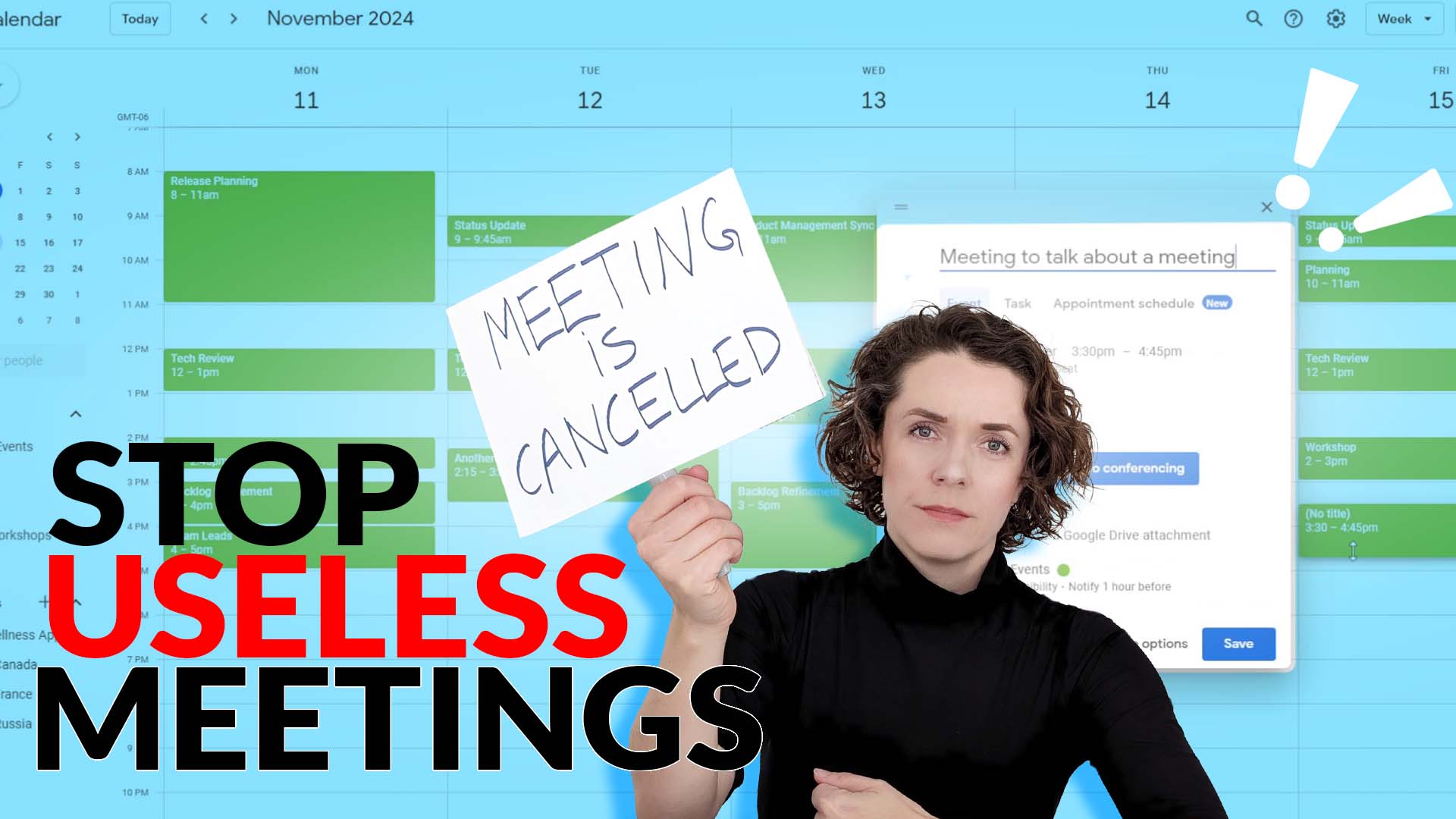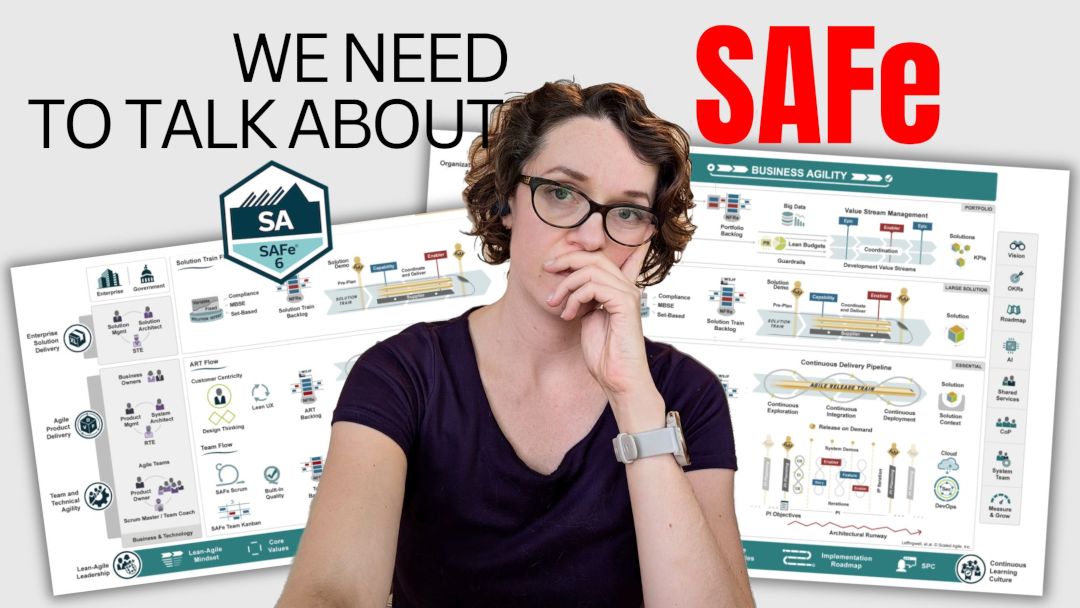Let’s be honest – being the only Scrum Master in an organization is not fun! Whenever I would find myself as the only Agile person in an organization, I would feel very alone. Even when I was already experienced in the role. The reason is that change is hard, especially change of ways of working. That’s why being all on your own trying to bring this change can quickly become overwhelmin if you don’t have support around you.
That is why I found working in organizations where we had a team of Scrum Masters or other Agile professionals a much more rewarding experience. And this experience was made even better when we would organize our own communities of practice (CoP) together.
What’s a Community of Practice
Think of a community of practice as a club of interests. But instead of just interests, we focus on specific expertise and professional goals, bringing people in the same role or with the same skillset together.
A community of practice is a way to interact with other people in our profession who understand what we do and can relate to it. It means that they most likely have faced similar challenges and can help us find new ways to approach them.
But the real value comes from building real skills relevant to your job.
A community of practice is not just a get together. It’s more than a book club. It’s more than watching presentations by experts. It’s really a way for professionals to strengthen their knowledge, build new skills, find ways to approach difficult situations.
Why Community of Practice
Scrum thrives on self-managing cross-functional teams. It means that we build teams that consist of people with different skillsets, previously playing different roles. In a Scrum Team, apart from a Scrum Master and Product Owner, we might have experts in software engineering, in testing, in technical writing, in marketing, etc. etc.
While as a team we work together to achieve a common goal, as individual professionals, we also want to become better in what we do. We want to know how to approach challenges that only experts in this field would understand. We need support from other professionals in the same field.
We can’t expect a software engineer to know all the nuances of marketing – these are wildly different sets of knowledge and skills.
That’s why communities of practice allow us come together as experts in one field to share our challenges, find solutions and ways to improve together with people who understand what we do.
Scrum Master is a profession with its specific accountabilities, skills, traits, and a set of challenges. So you should seek communities of practice that can help you grow.
How to Community of Practice
If you are working in a bigger organization where you have several Scrum Masters working with different departments and teams, creating a community of practice should be easy. You already have the list of potential members.
The next step if to create a plan for your community.
What I found happens with most CoPs is that people don’t see value in them. These meetings can quickly turn into ‘airings of grievances’ or just a seeming waste of time, if you don’t have a clear plan of action.
If your group comes together without an agenda, just to talk about what happened in their work, share some issues they are facing, and that’s it, you don’t really have a community of practice. You have dysfunctional retrospectives.
The goal of every community of practice should be related to getting better at what you do: building new skills, aquiring new knowledge, finding solutions, learning new practices and tools, and more.
Whenever I organize a CoP with Scrum Masters, I’m thinking about topics that will be helpful to everyone involved, focusing on practical materials rather than theory. It’s never about a single presenter animating every meeting. Instead, every member of the community contributes to creating valuable content for others.
However, you might find yourself as the only Agile person in your organization. This makes creation of a community of practice in your company more difficult – there is no one else who really understands your work.
In a situation like this, you should be seeking a community outside. I truly believe that it is essential for your long-term success as a Scrum Master. That is why opportunities like Mastering Scrum Pro can be a great place to start.
An example of a great CoP meeting
There is no one way to go about it. But I wanted to give you an example of what a CoP for Scrum Masters might look like. Feel free to use this simple agenda when organizing your own community:.
- Getting to know each other. If this is the first time the community comes together, having a simple ice-breaker exercise at the beginning is great. It can be even just a simple round table to introduce everyone, or a fun exercise, such as ‘Draw your day’.
- Introducing the topic. For example, overview of the Scrum framework to level set. I’ve done this a few times, where we would just look at the framework together, asking what each element means and how they are connected. A fun little exercise that is also a part of my ‘Introduction to Scrum’ workshop. Other topics can be: great retrospective techniques, introduction to coaching, useful Scrum practices, etc.
- Exercises or presentations. It’s good to have a short presentation on the topic, but it’s also important to support it with a few exercises. As the overview of the Scrum framework can be done with an exercise to fill in an empty framework graph with all the elements.
- Q&As. To finish up the discovery of the topic, especially if you have an expert in the room, you can run a quick Q&A session. But even if you don’t have an expert, it can be a great opportunity to discuss those questions in a group – together you most likely will be able to come up with some useful ideas.
- Applying to your work. CoP is not just about learning something new, but it’s also about building practical skills. Have a discussion or a exercise where participants think of ways to apply what they learned in your work and create a plan. Let everyone share their ideas and help each other make them more tangible.
- Planning for the next meetup. I usually finish every CoP with a shortened version of Lean Coffee, where participants note questions or topics they would like to explore next time. Then everyone votes and that determines the topic that will be discussed in the next CoP.
That’s it. It is very simple and straightforward, but it gives you a lot of flexibility as well.
If you are ready to become part of a great community of practice for Scrum Masters and take the next step in your Agile career, then join us at Mastering Scrum Pro. I would be extremely happy to see you there, share my experience, and help you grow in the role.



